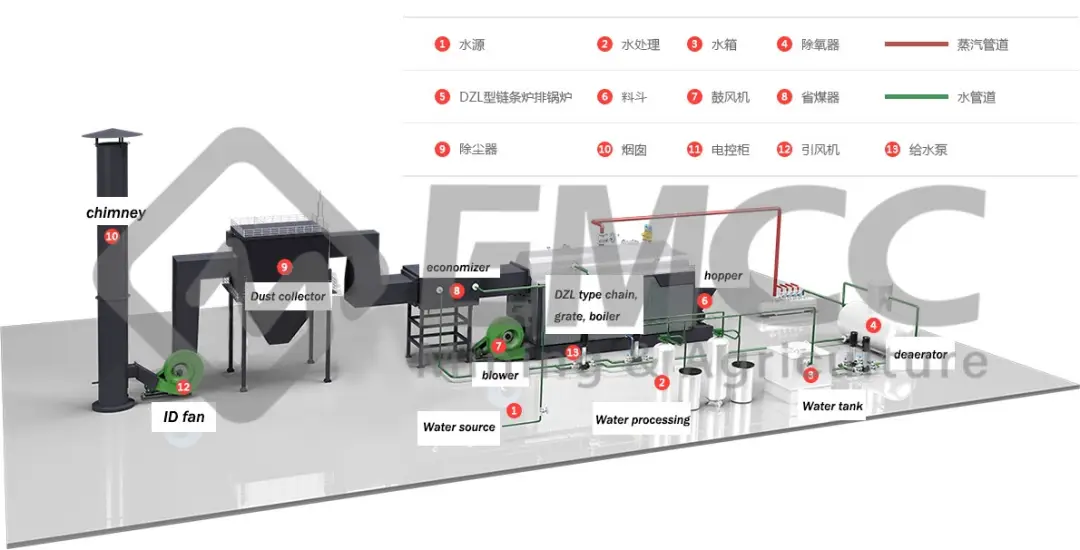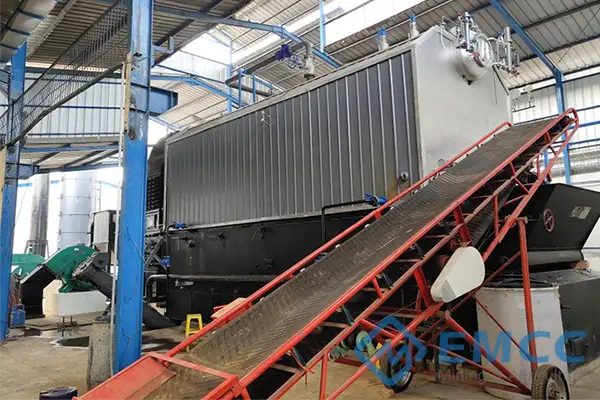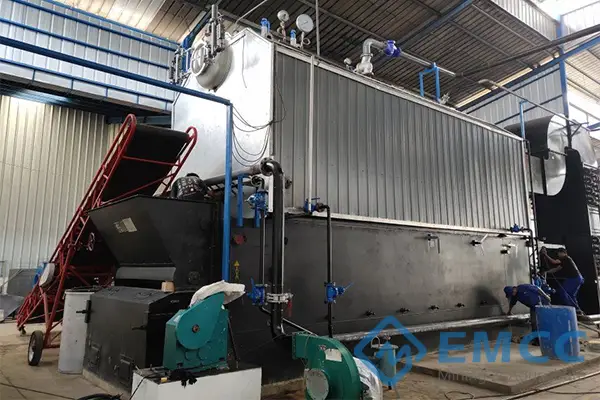Boiler
EMCC offers reliable machinery that meets high standards in design and material selection to ensure continuity in your production process
BOILER
An industrial boiler refers to sealed equipment that heats the contained liquids to certain parameters and carries a certain pressure, using all kinds of fuels, electricity, or other energy sources.
A rotary drum granulator receives high-temperature, high-pressure steam from a steam boiler, a specific type of industrial boiler. The production of compound fertilizer by rotary drum steam granulation is a process of heat-granulation, which raises the material’s temperature to make the water-based material salts more soluble in the granulation. That means it contributes to the acquisition of liquid phase quantities required for material granulation at a low moisture content, which lowers heat consumption during subsequent drying so as to optimize the equipment’s production capacity.
When choosing the type, it is important to consider the heat supply. Calculating the size of the boiler under different units of measurement is as important as calculating the total heat consumption. There are varieties of measurement units, and there are certain conversion standards for them. The heat energy unit conversions are as follows:
There are three common ways of expressing heating power in China:
- Kcal/h, a metric unit that represents the heat that the boiler can provide per hour;
- Ton/hour (t/h), a common term borrowed from stream boiler;
- Megawatt (MW), an international unit, and its basic unit is W, that is, 1MW=1,000,000 W;
The conversion formula of Kcal to Mw to t is as follows:
600,000Kcal/h=1t/h=0.7MW
In addition, the power of the steam boiler is also named as “evaporation”, which means the amount of water turned into steam per hour: T/h or kilogram/h (kg/h). It can also be expressed as MW or kW.
The corresponding relationship between evaporation and power is:
1T/h=1000kg/h=0.7MW=700kW=600,000kcal/h=600Mcal/h。
BOILER COMPONENTS AND PARTS
Photos
RESOURCES
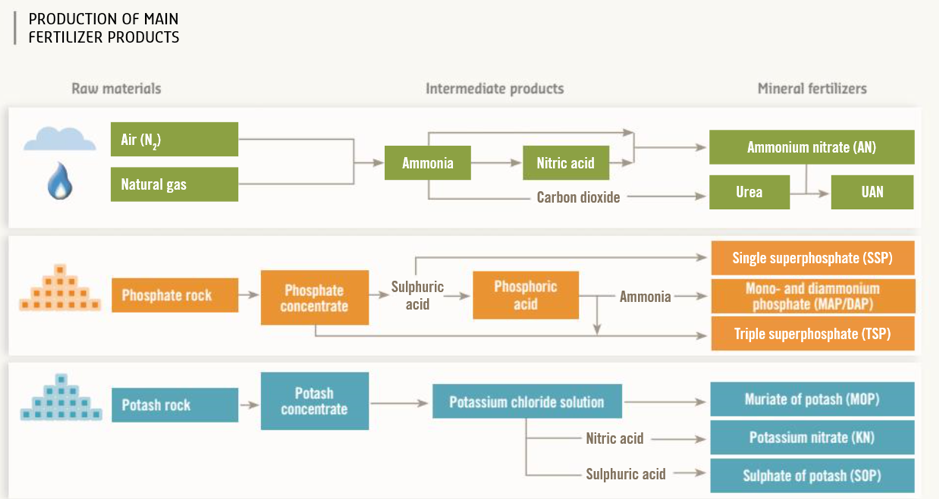
N、P、K Fertilizers Production
Each year, the fertilizer industry transforms millions of tons of
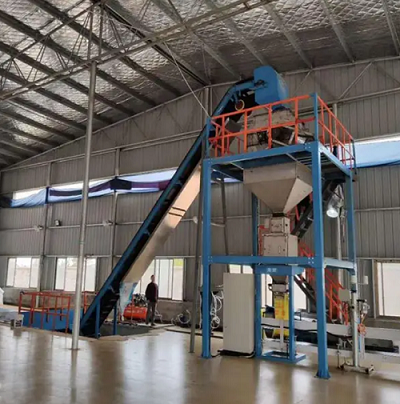
BB FERTILIZER PRODUCTION LINE
Bulk blending fertilizer making line is also called BB fertilizer

